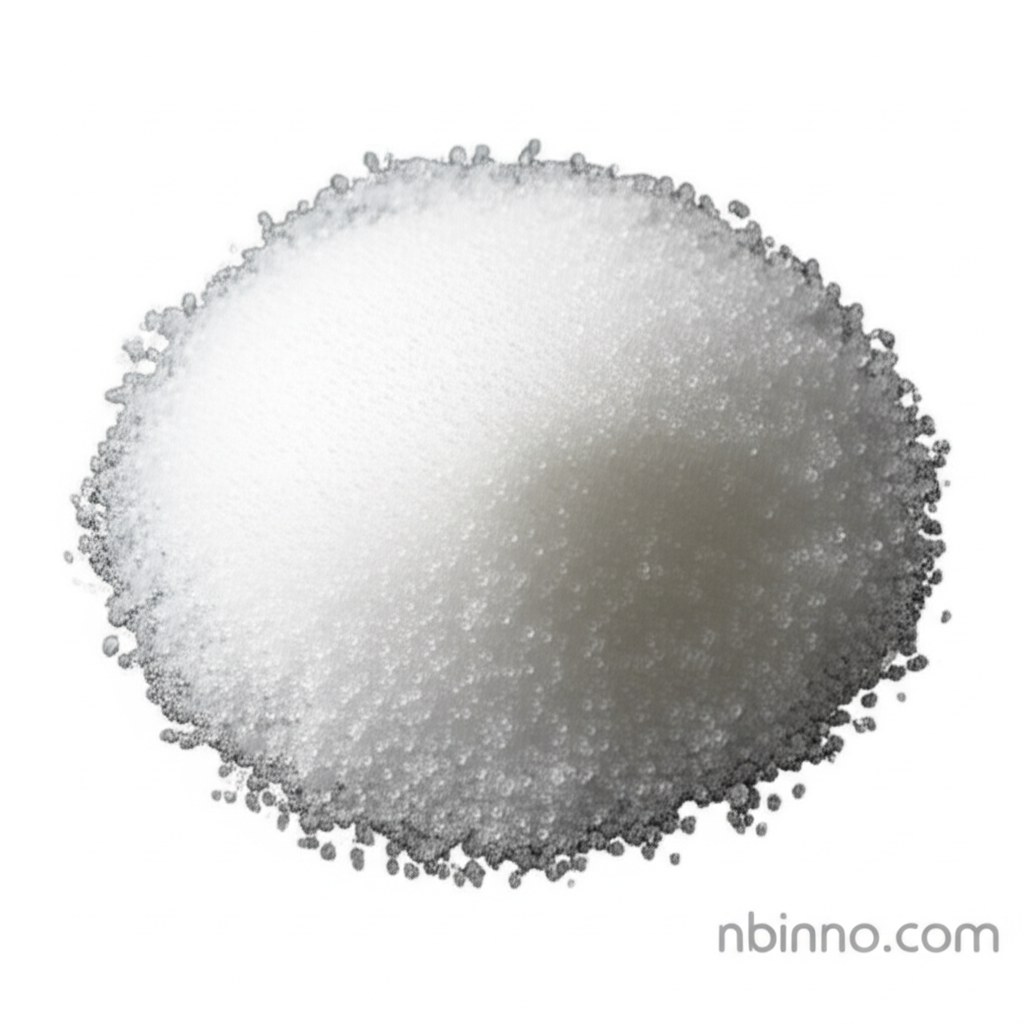Boric Acid: Industrial Applications, Properties, and Safety for a Versatile Chemical
Discover the multifaceted uses of Boric Acid, a key industrial chemical with diverse applications and essential properties.
Get a Quote & SampleProduct Core Value

Boric Acid
Boric Acid, with the CAS number 10043-35-3, is a white crystalline powder that serves as a weak acid. Its applications span numerous industries due to its unique chemical properties. It is recognized for its utility in enhancing glass products' heat resistance and transparency, its role as a crucial component in flame retardant formulations for textiles and polymers, and its significant presence in the pharmaceutical sector as an antiseptic and mild astringent. Furthermore, it finds use in cosmetics for pH stabilization and in the energy industry, particularly in nuclear applications, as an effective neutron absorber.
- Explore the diverse boric acid industrial applications, understanding why this compound is vital across sectors.
- Learn about the essential boric acid properties and uses, from glass manufacturing to advanced materials.
- Understand the chemical formula of Boric Acid (H3BO3) and its fundamental structure.
- Review the critical boric acid safety precautions to ensure responsible handling and usage.
Key Advantages
Enhanced Material Properties
Boric acid's role in glass manufacturing significantly improves heat resistance and transparency, contributing to the quality of diverse glass products.
Improved Safety Standards
As a flame retardant, boric acid is crucial for increasing safety in textiles and polymers, minimizing fire risks in various applications.
Versatile Chemical Intermediate
Its utility as a precursor makes boric acid a valuable component in the synthesis of other useful chemical compounds, driving innovation.
Key Applications
Glass Industry
Boric acid enhances the thermal resistance and clarity of glass, making it ideal for optical glass and LCD displays.
Textiles and Polymers
Utilized as a flame retardant, it significantly boosts the fire safety of fabrics and plastic materials.
Pharmaceuticals and Cosmetics
Its antiseptic and preservative properties make it a common ingredient in medicinal preparations and personal care products.
Nuclear Energy
Boric acid acts as a neutron absorber, crucial for controlling nuclear reactions in power plants.
Related Technical Articles & Resources
Why Choose Us?
Leverage our expertise and state-of-the-art infrastructure to accelerate your journey from discovery to commercial success.
Global Experience
With 20 years of R&D, manufacturing, and sales experience, we proudly serve clients across 60 countries and regions worldwide.
Advanced Facilities
Our in-house R&D laboratory, pilot platform, and large-scale production workshop are equipped to meet the audit requirements of global customers.
Seamless Scalability
We facilitate a perfect transition from small-scale lab requirements (grams) to full commercialization (hundreds of tons).
